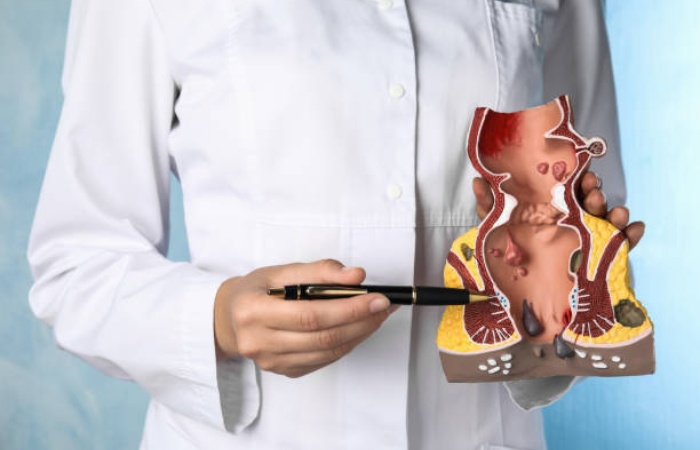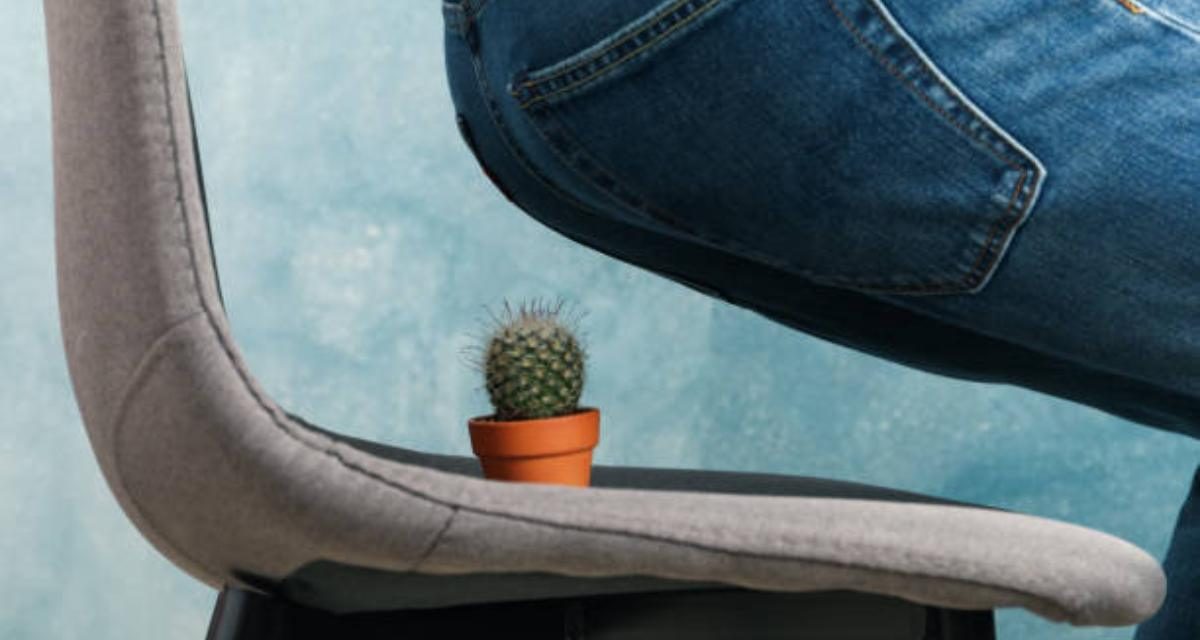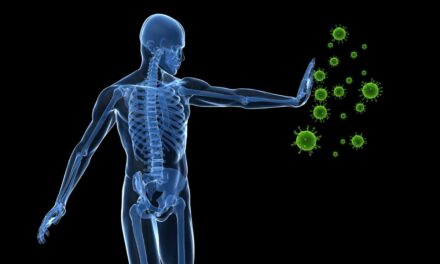Gastroenterologist treat Hemorrhoids professionals whose primary concern is the health of your digestive system, also known as the gastrointestinal tract. They can diagnose and treat most gastrointestinal diseases in men and women.
To diagnose conditions affecting the gastrointestinal tract, your gastroenterologist in Singapore will use special instruments to examine your gastrointestinal tract so that they can make an accurate diagnosis.
Here’s a rundown of the parts of your gastrointestinal tract in no particular order; mouth, stomach, pancreas, pharynx, gallbladder, oesophagus, epiglottis, small intestine, liver, tongue, anus, large intestine, rectum, salivary glands. Please note that while your mouth is also part of the gastrointestinal system, you do not need to visit a gastroenterologist in Singapore for oral care or services. Instead, you will need dentists or oral care specialists to help you with these conditions.
Should You See A Gastroenterologist For Hemorrhoid Treatment?

Batteries are non-standard-sized and may vary significantly in size depending on the harshness of your condition. They can also be found inside or outside the anus, and you will need a thorough medical examination to make a diagnosis.
As Andrea-digestive-clinic.com warns, you can get haemorrhoids if you lift heavy weights often, have problems with chronic constipation or diarrhoea, if you strain while having a bowel movement, or if you are pregnant. Once diagnosed, your gastroenterologist in Singapore will classify your piles to any grade from I to IV. If yours is grade III or IV, your doctor may recommend surgery to remove the batteries.
In most cases, you can permanently get help from your therapist or therapist if you have a lot of symptoms. However, if complications accompany your symptoms, your therapist may refer you to a specialist, such as a gastroenterologist or a proctologist.
A gastroenterologist in Singapore can help you achieve haemorrhoids with non-invasive or nonsurgical treatments. Since the nonsurgical treatment will be performed above the tooth line, you will not need anaesthetic treatment but rather anaesthesia around the area to minimize potential discomfort.
The nonsurgical procedures that your gastroenterologist will suggest here work by interrupting blood flow and shrinking piles or causing them to fall out. These are some of the most collective nonsurgical treatments your gastroenterologist may recommend and when you might need them.
Sclerotherapy
It can be recommended for second and third-grade piles. Sclerotherapy has success rates, with cure rates of about 90 per cent. Perhaps the most limiting factor that can arise with this pile treatment is significant pain, which can vary depending on the sclerosant cast-off for your treatment and the technique that was accepted during your treatment.
Treatment of bipolar diathermy (HET Bipolar Medtronic), infrared photocoagulation and direct current electropathy
These treatments can be suggested individually to coagulate, occlude and damage the piles to cut off the blood supply and cause the tissue to fall away from the skin. Your gastroenterologist may applaud any of these treatments if you are dealing with grade I, II, or III haemorrhoids.
Bipolar diathermy, with 88 to 100 per cent success rates, is one of the most common nonsurgical haemorrhoid treatments that your gastroenterologist in Singapore can recommend. The only problem with direct electrotherapy is the long-term treatment associated with it.
It will take your doctor about 10 minutes to achieve clotting, although he has the same success rates as bipolar diathermy with grade I, II and III piles. Infrared coagulation is successful in the 67 to 96 per cent range for Grade I and II piles. It can be used to treat multiple piles, but the main problem that is dropping it out of use among the three coagulant treatments is bleeding and pain, which occurs frequently but rarely.
Ligation Hemorrhoids
This treatment includes using a rubber band to wrap the batteries and remove them altogether. With an average success rate of 80 to 90 per cent, it is one of the most effective nonsurgical treatments along with infrared coagulation. It can also be recommended for piles of I, II and III classes.
Some of the worries that can occur after this treatment include easy bleeding. In some patients, severe bleeding or pelvic sepsis may occur in extreme cases, although these complications are also quite rare. It is important to note that if you experience increased perianal pain, fever symptoms, or urinary retention after a rubber band trial, be sure to seek emergency medical attention.
Aftercare Hemorrhoids
With each of the treatments described above, you need to take good care of yourself to avoid complications after treatment. Ideally, you can expect some anal and rectal pain after any of these procedures. Your gastroenterologist may recommend pain relievers to help relieve pain.
- Here are some more tips to help you heal faster after haemorrhoid treatment.
- When going to the bathroom, use a chair softener so you don’t strain.
- Eat a diet rich in fibre to minimize the risk of constipation and soften stools.
- Drink a middling of 8 to 10 glasses of water a day to stay hydrated.
- You may also want to consider taking a sitz bath to reduce discomfort after treatment.
It will also help if you avoid any activity that requires lifting heavy objects. As you recover, you may need to consider losing weight, training regularly, staying hydrated, and making sure your diet is high in fibre to minimize the risk of haemorrhoid recurrence.
The Final Word
A gastroenterologist can also treat haemorrhoids. If you experience recurrent haemorrhoids or have haemorrhoids with other complications, such as pus, make an appointment with us today. We will study your condition and recommend appropriate treatment to help you recover quickly and reduce the recurrence of haemorrhoids.





